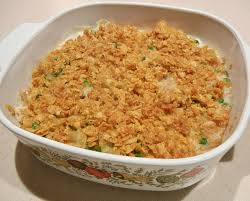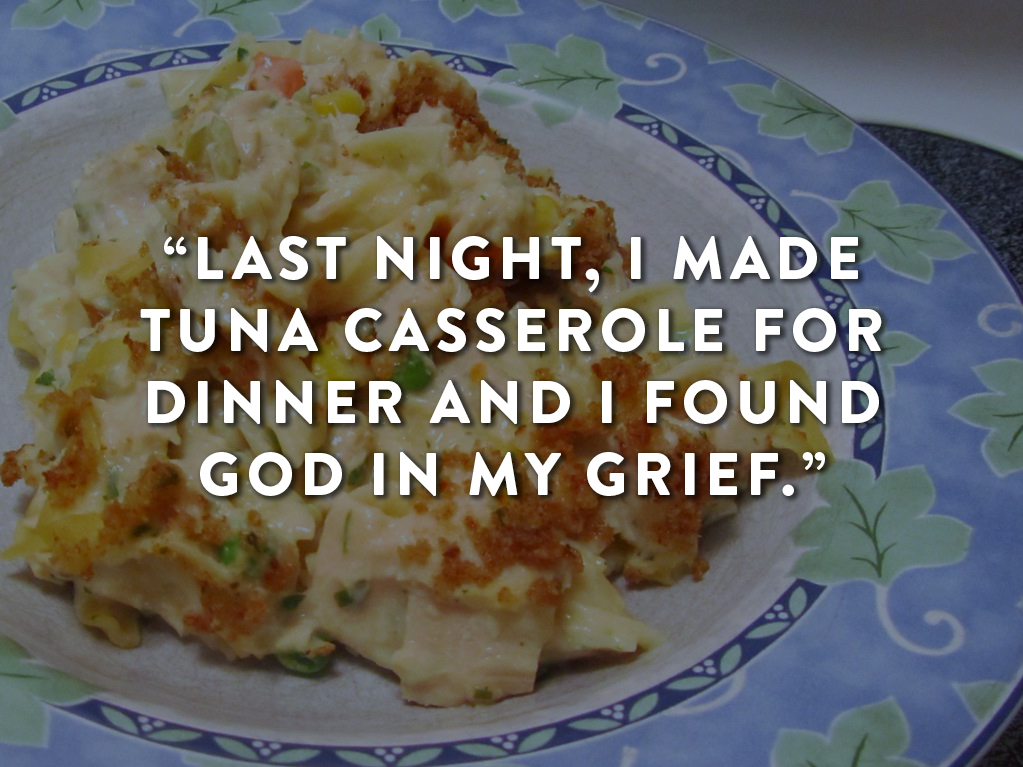Last night, I made tuna casserole for dinner.
It’s a dish I associate with my midwestern, working-class upbringing: noodles mixed with canned tuna and cream of mushroom soup, topped with cheddar cheese, and peas on the side but better mixed in. It was a staple when I was growing up, alongside its simpler cousin—boxed mac and cheese with a can of tuna thrown in for protein and flavor.

We didn’t have many foods that we would consider to be ours, just those we thought were everyone’s: lasagna, tacos, pizza, meat and potatoes. Those were the days before we were exposed to authentic food from other cultures, when the extent of “ethnic food” in our household was stir-fry in a teriyaki sauce with fried rice.
Last night, I made tuna casserole for dinner and I grieved what whiteness has stolen from me.
When my ancestors immigrated to the United States in the 1700s and 1800s and 1900s, they were “encouraged” to assimilate to “American” culture: to speak English, to change their dress, to adapt their traditions and foods. By the time I was born in the 1980s, we no longer spoke any German, Swedish, or Gaelic. We didn’t have any recipes passed down from generation to generation, no holiday traditions, no sweet names for our grandparents or aunts, no homestead to return to. We were rootless.
Last night, I made tuna casserole for dinner and I found God in my grief.
I can’t be transformed by the cultures that surround me until I expose the harm that whiteness has caused them and me. I must grieve and peel back the layers of whitewashing that have hidden my identity and blinded me to the culture that my family has built, the culture that makes me who I am. I must heal.

Last night, I made tuna casserole for dinner … from scratch: with gluten free noodles and homemade cream of mushroom soup, freshly grated cheese, and my own onion and breadcrumb topping.
I remembered the times that money was tight for my parents, for my grandparents, for my great-grandparents. I thought about how they worked the land to produce food and preserved its bounty for their family and friends.
Last night, I made tuna casserole for dinner. I served it with home-canned green beans and carrots and peaches, lovingly carried up from my basement shelves.
I thought about the stories I would tell my daughters about my growing up years, about my family’s history, both the proud moments and the shameful ones. I’m going to cook them the rice pudding my grandmother made—hot and sweet and soupy—even though she didn’t like it, because she knew it was our favorite. I’m going to teach them the phrase “I can smell the barn,” put on Mario Lanza’s Christmas album while we open our stockings on Christmas morning, and sing to them while we swing in our backyard.
Together, we’re going to recover identity and rebuild culture, out from the shadows of whiteness. Together, we’ll relearn who we are, reclaim our own uniqueness, and reject the tendency of whiteness to define “normal.” And we will meet God there.
Last night, I made tuna casserole for dinner and it tasted good.
The opinions expressed in articles posted on Mosaic’s website are those of the author and may not reflect the official policy of Mosaic Conference. Mosaic is a large conference, crossing ethnicities, geographies, generations, theologies, and politics. Each person can only speak for themselves; no one can represent “the conference.” May God give us the grace to hear what the Spirit is speaking to us through people with whom we disagree and the humility and courage to love one another even when those disagreements can’t be bridged.
